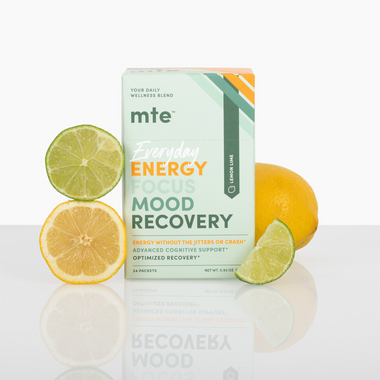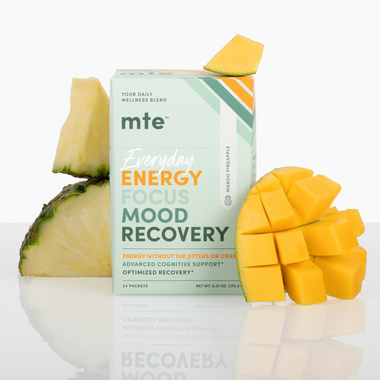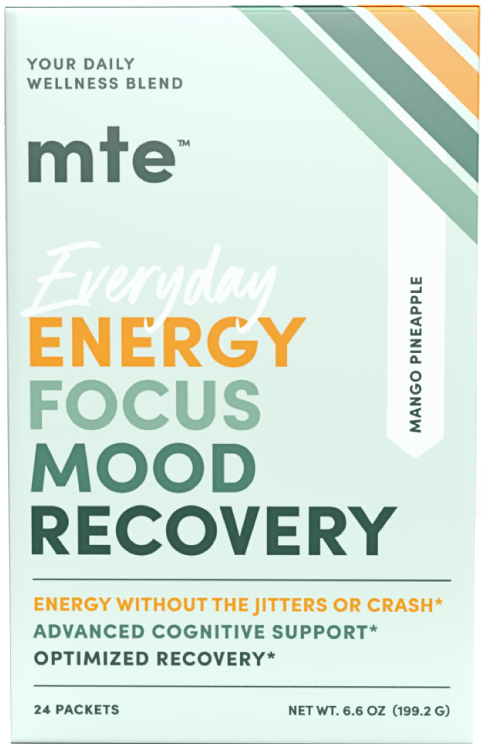
Sleep Better to Feel Better: 10 Solutions to Sleeplessness
Has any adult human ever woken up in the morning and been like, I not only slept great last night, but I slept for as long as I wanted and felt awesome when I woke up? No. And if you have, keep it to yourself – no need to throw it in our faces. Sleep is foundational to every aspect of your health – from mood to energy to how long you live. But getting consistent quality sleep seems one of the most elusive aspects of daily life.
It takes a lot of work to manage the stresses of life during the day and then somehow stop spinning and rest well at night. Luckily, a little focus and some small changes in daily habits can completely transform your sleep health. To help get us there, we’ve put together 10 of our most successful solutions for sleep support:
Create the Ideal Sleep Environment
You know how if you give a plant too much light or play heavy metal music its whole life it does poorly? People are the same: your sleep environment is seriously important to potential quality of your nightly rest.
1. Be serious about light control.
Our body releases different wake and sleep chemicals throughout the day, some of which are triggered by changes in light. Melatonin production can be interrupted by light intrusion. Blackout curtains are a great idea to ensure no stray headlights or motion sensors interrupt your slumber.
2. Turn down the thermostat.
Your body slows down when you sleep, which makes a cooler environment preferable during the night. If you think about it, lower light + cooler temperatures is a natural signal of nighttime coming on. Keep your room at 60-65 °F, 70 tops.
3. Control nighttime sound exposure.
We can’t all live in the endless silence of vast Midwestern corn fields, but we can control sound so we aren’t awoken by something loud or unexpected. Try ear plugs, a fan, a sound machine, or sound-absorbing panels in the bedroom.
Be Mindful of Physical & Mental Health
How you take care of yourself also matters. Food choices and timing can make or break sleep health, and fitness plays a big role, too.
4. Exercise regularly.
Consistent exercise has been shown in countless studies to improve sleep latency, quality, and duration. You’re expending energy to create it. Plus, having physically tired yourself encourages your body and mind to chill out and recover.
5. Eat well, and not too late.
Fatty and sugary foods cause digestive upset that disrupts normal chemical signaling for sleep. As well, eating too close to bedtime disrupts the digestion slowdown that is a natural part of the body’s nightly recovery schedule.
6. Manage mental stress.
Whether this is a nightly bubble bath, a new medication, journaling, etc, do something that is purely self-care, and do it regularly. People who feel in control of their life and invest in their personal time and value are more likely to get better sleep.
Become a Creature of Habit
Simply being consistent about when and how you go to bed can make a huge difference! It’s like how the combination of light and sound biologically signals sleep. That’s innate. But you can also teach your mind and body to respond to repeated behaviors, essentially teaching it to signal sleep.
7. Set a schedule and stick to it.
Wake up and go to sleep at the same time every day. Doesn’t matter what times it is; consistency on sleep/wake times has serious benefits especially for people who are up late at night or work 3rd shift.
8. Develop a bedtime ritual.
However and whatever you do – brush teeth, skin routine, shower, scroll TikTok, etc., do it at the same time and in the same order each night. It will teach your body to anticipate bedtime.
9. Pick a time limit for screens.
Speaking of TikTok, get off the phone at least a half hour before you want to be asleep. Light from device screens interrupts those natural chemical processes that tell your mind and body it’s time to calm down and hit the hay.
Consistency with a routine reinforces new neural pathways. You’ll eventually find yourself waking up 1 or 2 minutes before your morning alarm and getting super tired right around your new bedtime every night.
Thanks, Pavlov!
Find the Right Nootropics for Sleep
10. Get yourself some GABA.
Try adding a caffeine-free daily wellness blend to your morning and/or afternoon routine. There are several effective nootropics for sleep – ones that are natural and don’t interfere with your body’s native processes the way eating handfuls of melatonin will. Though if melatonin works for you, go for it – it’s not like it’s synthetic or dangerous.
Anyway, GABA is a key nootropic for sleep and a key ingredient in MTE. GABA is an amino acid and neurotransmitter that’s already floating around inside your body! GABA tells overexcited neurons to get it together and touch some grass, and while not necessarily a go-to-sleep nootropic, quiets a stressed mind and body, allowing for a more fluid transition to bedtime.
Coupled with other effective adaptogens for stress and nootropics for sleep, a simple stress relief drink like MTE can push your sleep efforts over the edge and into deep dreaming and drooling you haven’t experienced since childhood, if ever at all. Learn more about our sleep-supporting ingredients on our Sleep page, and check out our Shop for the specs on this revolutionary feel-good drink.






